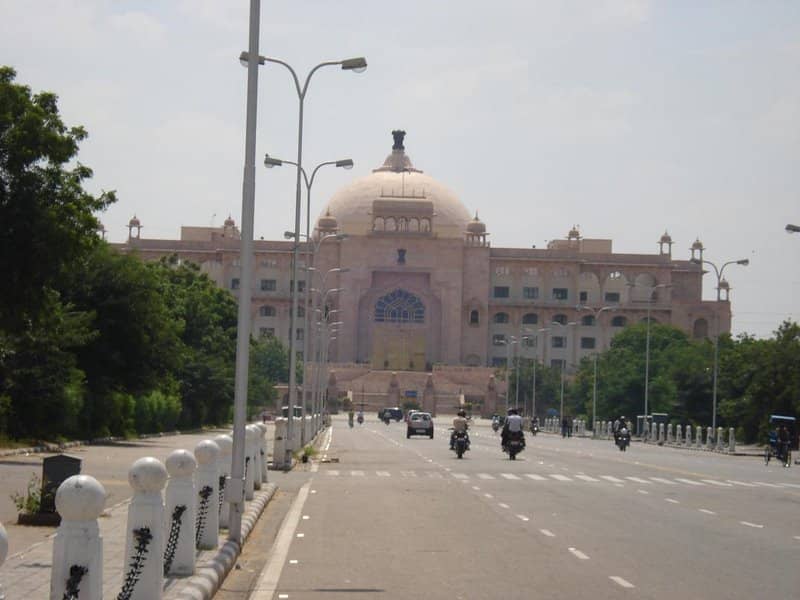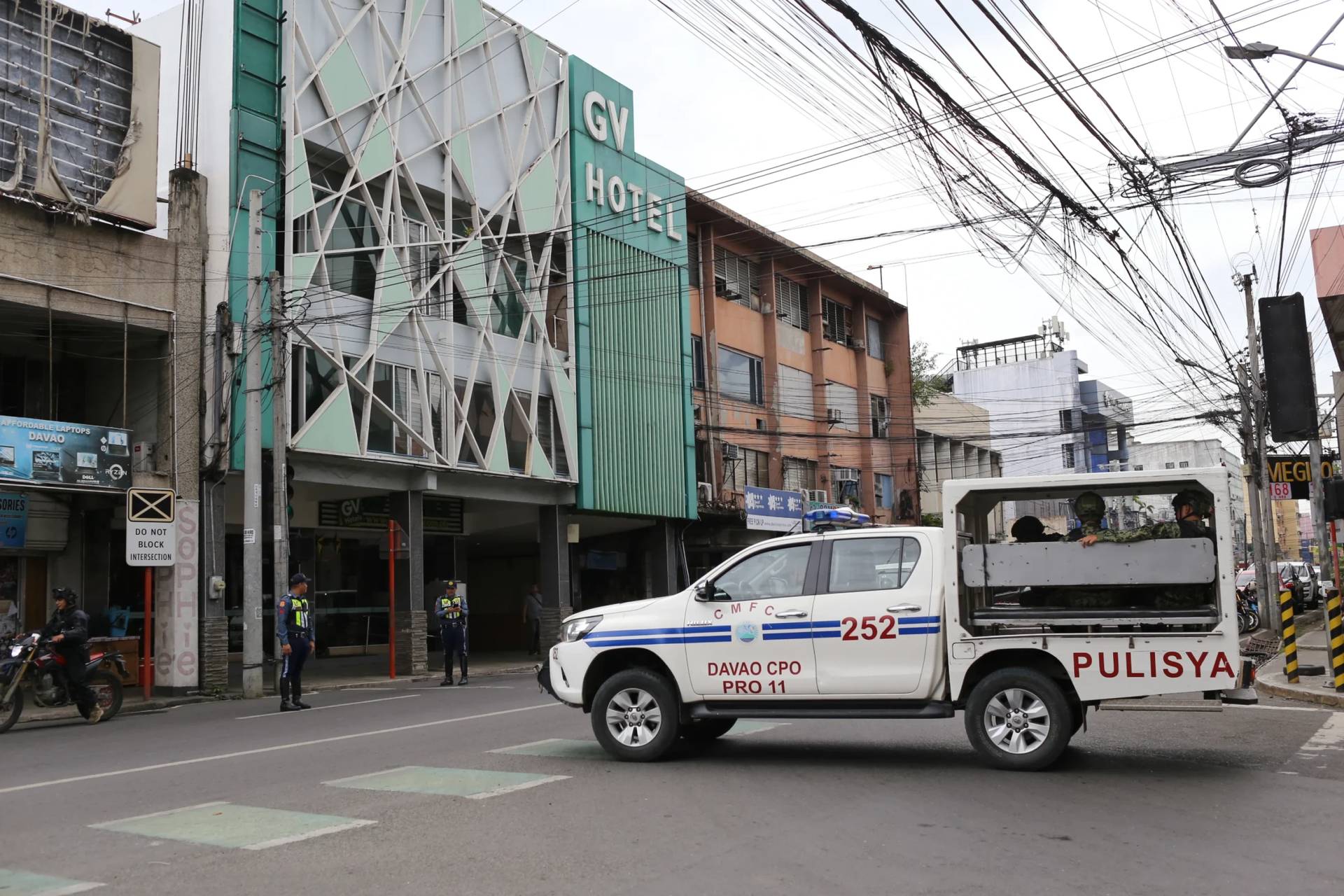MUMBAI, India – Bishops in the northeast of India have pledged to fight climate change in the region at their regional conference.
The North Eastern Regional Bishops’ Council (NEIRBC) covers the area of India that is north and east of Bangladesh, forming a panhandle. The region is less densely populated than most of India, with only 25 million people. It also has a large Christian population: Over 17 percent, compared to a national average of 2.3 percent.
Care of creation was the theme of the Sept. 12-15 Annual Regional Pastoral Conference held in Guwahati.
“One part of the country is going through severe drought and other parts are experiencing flood. This is happening because of our greed and the kinds of choices we have made,” said Bishop James Thoppil of Kohima at the beginning of the meeting.
The president of NEIRBC and archbishop of Guwahati, John Moolachira, pointed to how the environment has changed in the region during his lifetime.
“As a young priest, I used to travel through dense forests to reach some of our centers. Now after 35-40 years, when I travel through the same roads, there is no trace of a forest. Settlements have sprung up. Timber is cut off and sold outside the region by unscrupulous elements with either the connivance or negligence of government machinery,” the archbishop said.
“As a result of this, the hills and plains have become barren and rivulets dried up, rains have become either too much or too little. When it rains the fertile soils are washed away due to flood, garbage is everywhere and life in towns is unhygienic, pollutants in the cities and towns flow freely into our rivers and water ways, pesticides and fertilizers are used widely and the water in the rivers has become dangerous for use for man, birds, fish and animals,” he continued.
Bishop Allwyn D’Silva, an auxiliary Bishop from the Archdiocese of Bombay, called on the participants to restore ecological relationships.
“We can see and are living through a time of increasing crisis of humanity. The reality of North East India is proof of the dangerous climate change reality in the country. We can ill afford to disregard this ecological crisis and climate change,” D’Silva said.
According to Indian NGO Down to Earth, the North East region is seeing a changing rainfall pattern, especially during the monsoon season. The organization says this affects the flow of rivers, extent of snow cover and health of mountain springs, which in turn have an impact on livelihoods, especially agriculture and fishing. It also affects the habitats of animals and birds, including the growth in the region’s vast forests.
During their meetings, the bishops heard reports from experts in various environmental fields.
“We hope we take with us what we have learned from this important conference that has relevance not just for North East India but to the whole world,” said Bishop John Thomas of Itanagar.
Quoting the words of Pope Francis, he exhorted everyone, “As we pledge to protect God’s creation, let us be protectors of God’s plan inscribed in nature, protectors of one another and of the environment.”















